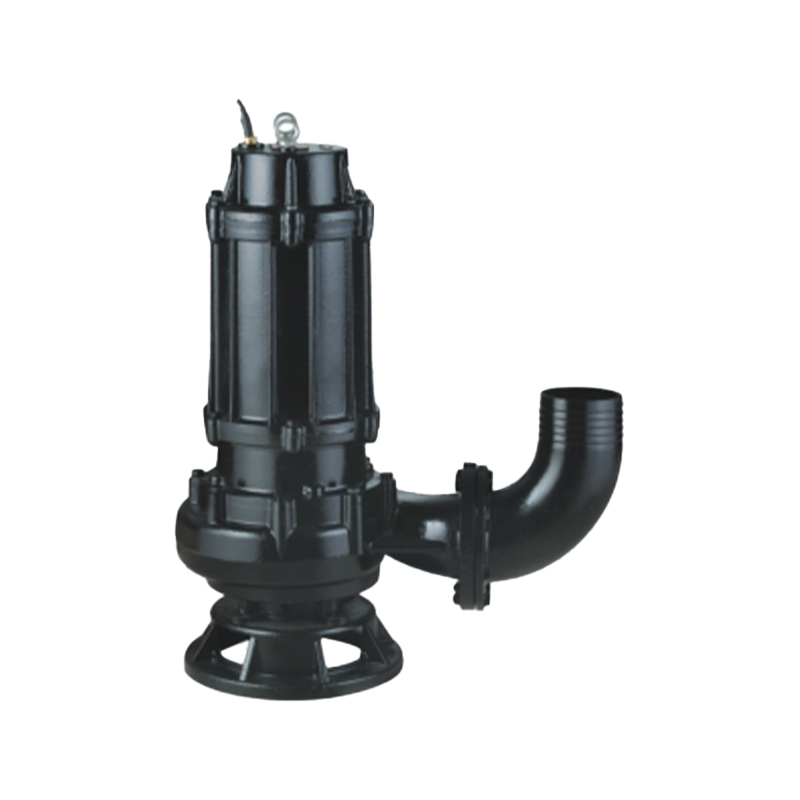Powerful Submersible Pump for High-Volume Water Transfer Needs
The Powerful Submersible Pump is engineered for demanding water transf...

Water conservation has become a central concern in agriculture, especially in regions facing limited water availability or unpredictable rainfall. Among various technologies available to address this issue, high-pressure systems such as the high pressure water transfer pump, high pressure electric irrigation pumps, and high pressure fluid pump offer practical solutions to improve irrigation efficiency and reduce water wastage.
The high pressure water transfer pump is designed to move water quickly and efficiently over long distances or to higher elevations. In agricultural settings, this is particularly useful when drawing water from distant sources like rivers, reservoirs, or tanks. By using a high pressure water transfer pump, farmers can ensure that water reaches fields with little loss during transmission. This precise control over water flow reduces oversaturation and runoff, which are common causes of waste in traditional low-pressure irrigation methods.
Similarly, high pressure electric irrigation pumps are frequently used in systems that require consistent water pressure for even distribution. These pumps are compatible with irrigation techniques such as drip and sprinkler systems, which are more water-efficient than surface or flood irrigation. With the consistent output from high pressure electric irrigation pumps, water is delivered at a controlled rate, targeting plant roots more directly and avoiding unnecessary saturation of surrounding soil. This targeted irrigation not only helps reduce evaporation but also reduces leaching of nutrients, further contributing to sustainable farming practices.
The high pressure fluid pump is another essential component in systems that require fine-tuned water delivery. These pumps are capable of handling a variety of fluid types, including those mixed with fertilizers or treatment chemicals, and distributing them evenly across crops. When used correctly, a high pressure fluid pump ensures uniform application and reduces the likelihood of water pooling in certain areas. This precise control helps decrease overall water usage while improving crop absorption and health.
In addition to supporting more efficient irrigation, high-pressure systems can also enable automation in agricultural water management. When integrated with sensors and timers, pumps like the high pressure water transfer pump and high pressure electric irrigation pumps can be programmed to operate only when necessary, such as during cooler hours of the day or based on soil moisture readings. This smart approach to irrigation reduces human error and prevents overwatering, a common issue in manual systems.
Another key benefit of using high-pressure equipment in agriculture is the ability to irrigate large fields from a centralized water source. For example, a high pressure fluid pump can deliver water to multiple zones across a farm with consistent pressure, allowing for scalable irrigation without the need for multiple smaller pumping units. This setup can improve operational efficiency while also reducing energy and maintenance costs.
The integration of high-pressure systems such as the high pressure water transfer pump, high pressure electric irrigation pumps, and high pressure fluid pump plays a valuable role in reducing water wastage in agriculture. These systems improve the accuracy and consistency of water delivery, support advanced irrigation methods, and offer the flexibility to automate water usage based on actual field conditions. As the demand for efficient water management continues to grow, high-pressure technologies offer a reliable path toward more sustainable farming practices.